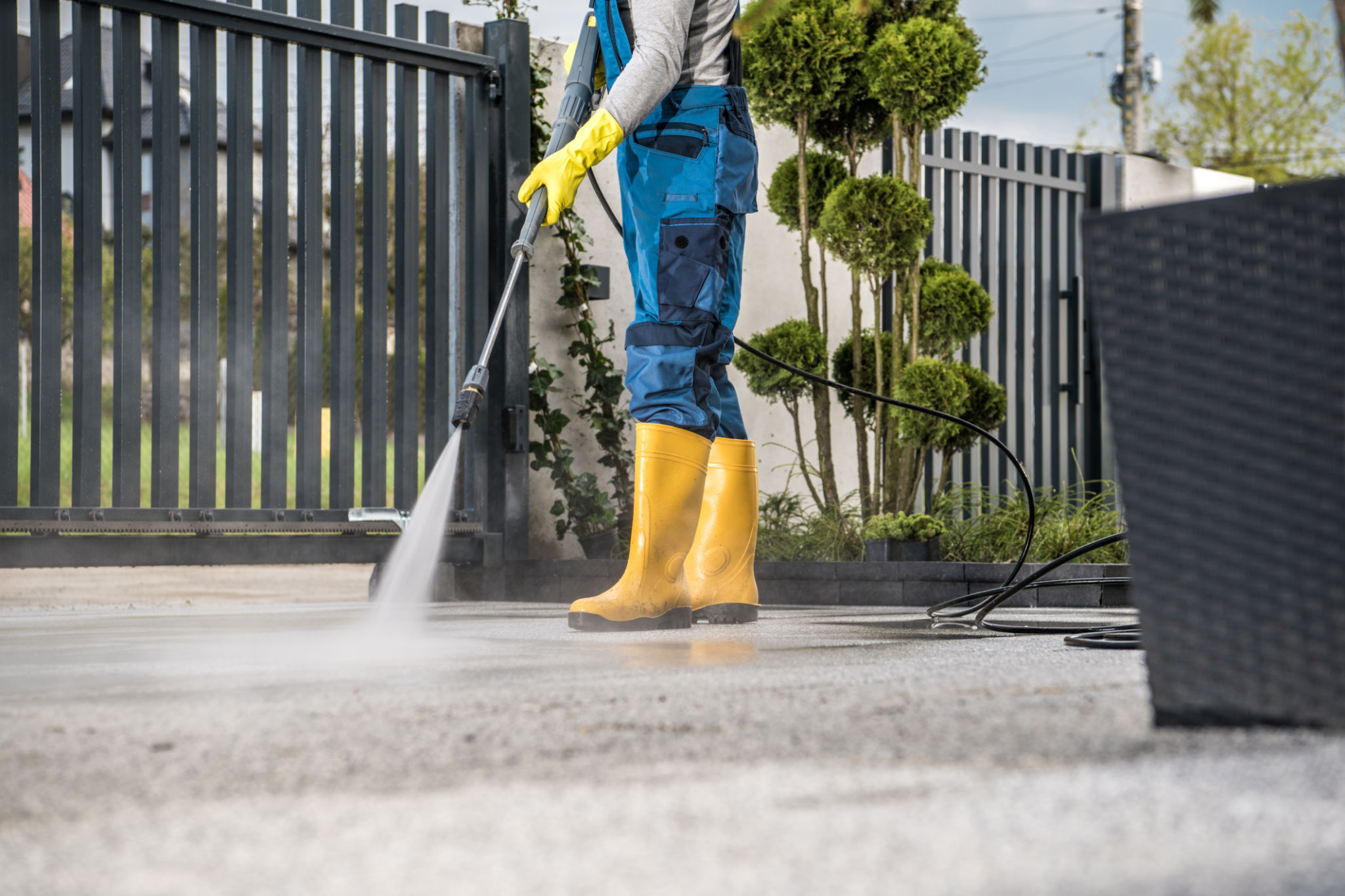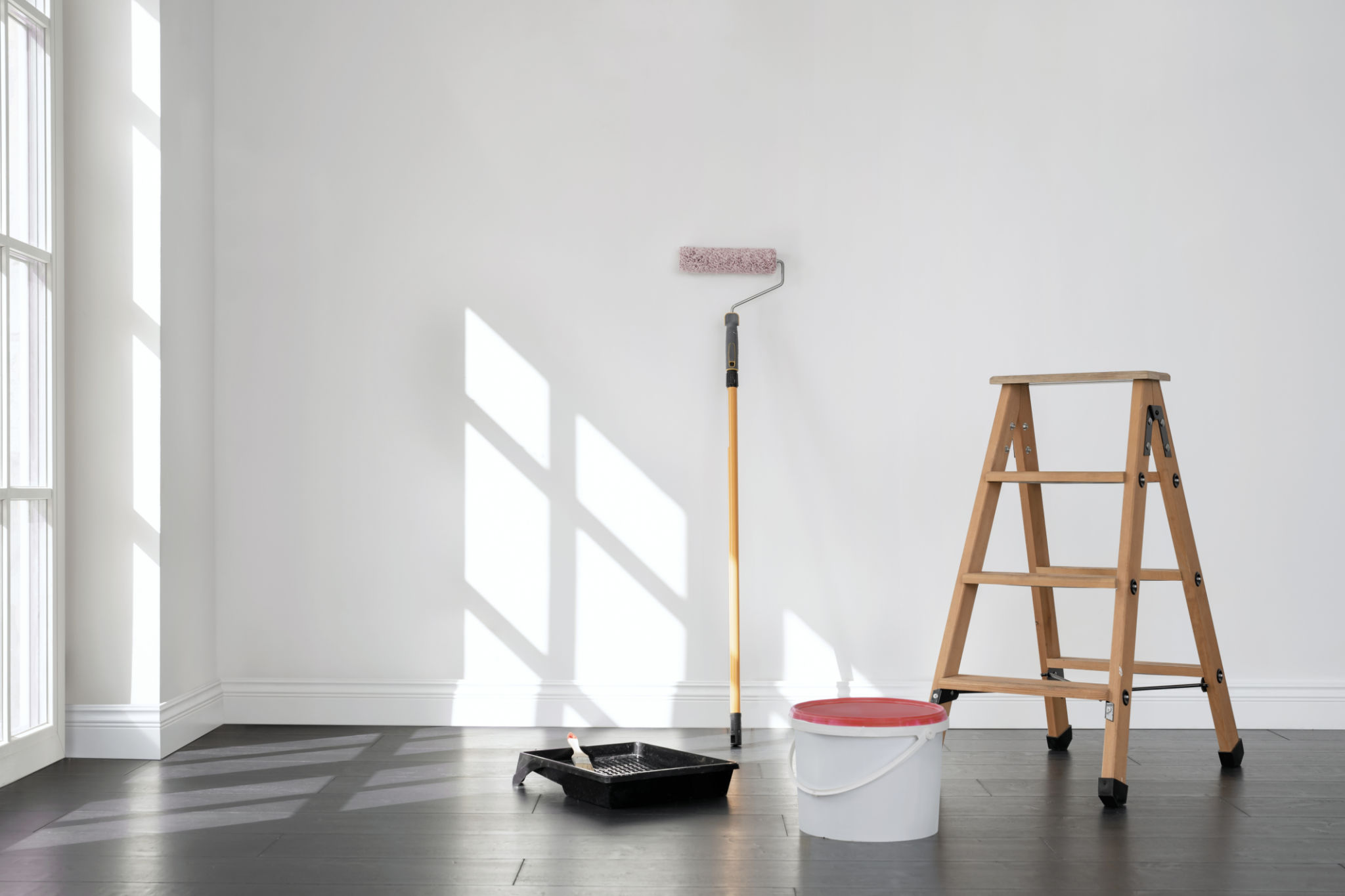How to Prepare Your Home for Winter: Exterior Painting Tips
Understanding the Importance of Exterior Painting Before Winter
As the temperature drops and winter approaches, it becomes crucial to protect your home against the harsh elements. One effective way to shield your home is through exterior painting. This not only enhances the aesthetic appeal but also provides a protective barrier against moisture, snow, and freezing temperatures.
Painting your home's exterior before winter can prevent damage and save on repair costs in the spring. By sealing off any imperfections or exposed areas, you can significantly reduce the risk of cracks and peeling that often occur due to fluctuating weather conditions.

Preparing Your Exterior Surfaces
Inspect and Repair
The first step in preparing your home for winter is conducting a thorough inspection. Check for any cracks, peeling paint, or damaged surfaces. Repairing these areas is crucial as paint will not adhere properly to damaged surfaces. Use a good quality filler to mend any cracks and sand down rough spots for a smooth finish.
Clean the Surface
Cleaning is an essential part of the preparation process. Dirt, mold, and mildew can prevent paint from adhering properly. Use a power washer to remove grime and allow the surfaces to dry completely before proceeding with painting. For stubborn mold or mildew, consider using a solution of bleach and water.

Selecting the Right Paint and Tools
Choose Weather-Resistant Paint
Opt for paint that is designed to withstand harsh winter conditions. Look for products labeled as weather-resistant or all-weather. These paints are formulated to endure temperature fluctuations, moisture, and UV rays, ensuring your home remains protected throughout the season.
Gather the Right Tools
Having the right tools can make a significant difference in the outcome of your painting project. Equip yourself with quality brushes, rollers, and ladders. Using the appropriate roller nap length for your surface will ensure proper coverage and a smooth finish.

Timing and Application Tips
Paint During Ideal Weather Conditions
Timing is everything when it comes to exterior painting. Aim to complete your project in dry conditions with temperatures ranging between 50°F and 85°F. Avoid painting on windy days as this could lead to uneven drying and particles sticking to wet paint.
Application Techniques
Start with applying a primer if needed, especially on bare wood or metal surfaces. When applying paint, work in small sections to maintain a wet edge and prevent lap marks. Use long, even strokes for a uniform finish. Consider applying two coats for optimal protection.
Conclusion: Ensuring Long-Lasting Results
By following these exterior painting tips, you can ensure that your home is well-prepared to face the rigors of winter. Remember that meticulous preparation and choosing the right materials are key to achieving long-lasting results. Protect your investment by taking the time to complete this essential maintenance task before the cold weather sets in.

